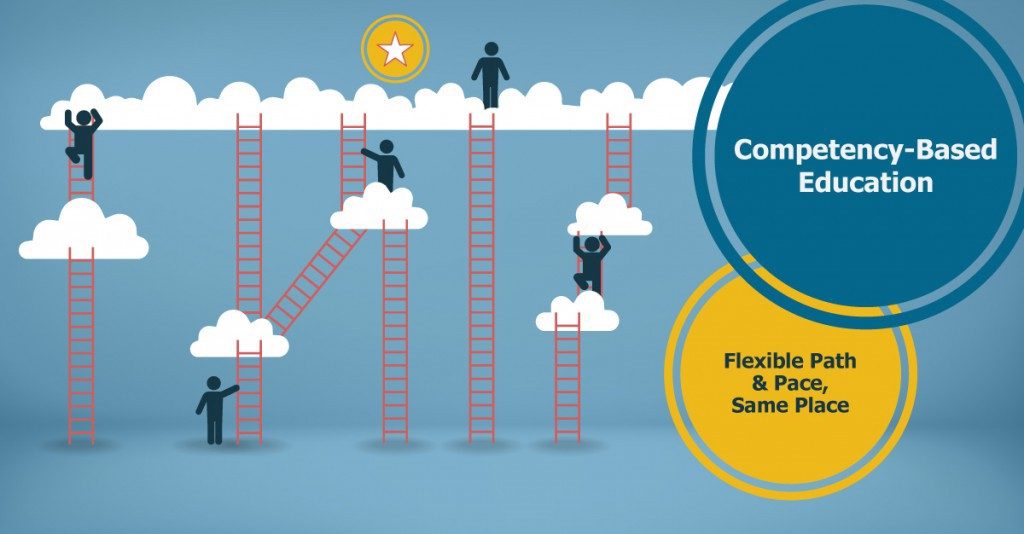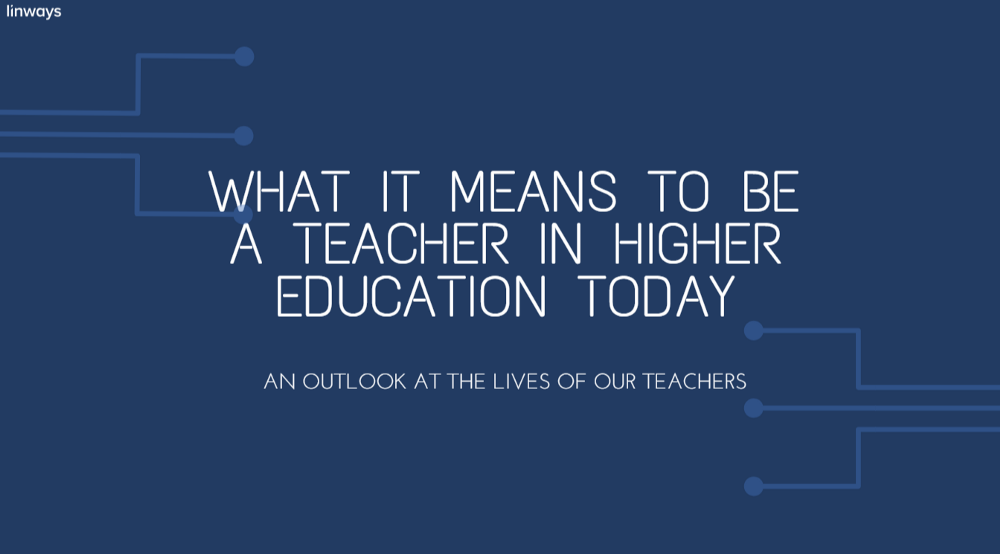
By the nature of their work, teachers are in a position not just to profoundly impact the students they teach, but their influence lives on through generations afterwards. Teachers do something that no one else can; they change our outlook of the world and inspire us to dream. They take us in, and make something better than we were before.
So this teachers’ day, we would like to share the lives of 5 great teachers the world has ever seen.
Confucius (551 BC — 479 BC)
I am not bothered by the fact that I am unknown. I am bothered when I do not know others.
When it comes to teaching, Confucius would be one of the most notable figures of the ancient. He was a Chinese philosopher and teacher, whose teachings deeply influenced the Chinese life and thought.
During the times when the common people had no means to acquire education, Confucius began teaching his philosophy and preaching the concept of “teaching according to natural aptitude.” He was working as a government official, but he later resigned being had to witness many injustices and absence of morality. Confucius advocated for taking up benevolence as the basis of moral behaviour for governance, but instead had to resign and went to exile as the ruling class refused to share his views.
Later when he returned, he took up the role of an educator and began teaching about classic principles and the six arts. He taught that a gentleman should be of a good education and moral character, and should also values like self-improvement. Confucius never ceased to practise his philosophy in his own life and was deeply honoured by his followers. His virtues like righteousness, kindness, humility, courtesy, loyalty to the country, and caring for others were greatly admired by his students.
As the legend goes, Confucius had almost 3,000 students, among whom, 72 became outstanding sages and worked later to spread Confucius’s teachings.
Socrates (469/470–399 BC)
Socrates was a Greek philosopher and is considered to be the father of western philosophy. The most famous amongst his students were Plato who tutored Aristotle who later went on to teach Alexander the Great. As time went by, Socrates’ philosophy was spread across the world by Alexander’s conquests. The main focus of his teachings was on how to live a virtuous life. It was told that he inspired his students to think for themselves instead of following the dictum of the society.
As an old story goes, Chaperone, a friend of Socrates, asked the Oracle of Delphi if there was anyone wiser than Socrates. The Oracle’s answer was “None”. Baffled by this answer and to prove the Oracle wrong, Socrates began questioning people who were thought to be wise by the society. He found that “the men whose reputation for wisdom stood highest were nearly the most lacking in it, while others who were looked down on as common people were much more intelligent” (Plato, Apology, 22). The youth of Athens was astonished by this series of events and to see Socrates argue with their elders and soon he had a following of young men who respected and revered him for his intellect.
He was accused of blasphemy and was convicted to death by the ruling class. The charges was: “Socrates is guilty, firstly, of denying the gods recognized by the state and introducing new divinities, and, secondly, of corrupting the young.”
Though he never wrote anything himself, his words and actions in search truth and its defence changed the world, and those still inspire people today.
Anne Sullivan (1866–1936)
No list of world’s greatest teachers are complete without mentioning Anne Sullivan. She did what no other teacher could achieve with their children. In fact, the term, ‘Miracle worker’ was first used by Mark Twain about her!!
She was almost blind and was educated at Perkins School for the Blind. By the time she was 20, the school’s director Michael Anagnos found a job for her; the Keller family who needed a governess for their daughter Helen, who was blind and deaf.
Yes. She taught Helen Keller!
After isolating Helen Keller from her family in order to better educate her, Sullivan began working to teach Keller how to communicate with the outside world. Keller made her first major breakthrough when she could connect the concept of sign language with the objects around her. Under Sullivan’s instruction, Keller learned nearly 600 words, most of the multiplication tables, and how to read Braille within a matter of months.
Despite the physical strain on her own limited sight, Sullivan helped Helen Keller to continue her studies at Radcliffe College in 1900. She spelled the contents of class lectures on Keller’s hand, and spent hours teaching her from the textbooks to her. As a result, Keller became the first deaf-blind person to graduate from college.
Dr. S. Radhakrishnan (1888 –1975)
We have been celebrating the birthday of Dr. S. Radhakrishnan, September 5, as Teachers Day across the nation since 1962.
After his post graduation, he was appointed as a faculty member by the Department of Philosophy at Madras Presidency College. His aim was to impart students with the best education. He kept moving from one institution to another, moulding students into better human beings.
In 1918, Sarvepalli Radhakrishnan was selected as the Professor of Philosophy by the University of Mysore. He was nominated as the Professor of Philosophy at the Calcutta University in 1921 and was also invited to Oxford University to deliver lectures on Hindu philosophy. He also argued that Western philosophers were, incidentally, biased by theological influences from their western culture, and that Indian philosophy is worthy of being called philosophy by Western standards, once it’s been presented well enough.
Sir Radhakrishnan was a revered teacher with great vision. He was also recognised nationally as India’s ambassador to Russia, the Vice-President of India from 1952–62, and as the President of India from 1962–67 probably because of the virtues and practices he cultivated as a teacher.
DR. A.P.J. Abdul Kalaam (1931–2015).
We all know the ‘missile man’. We all know he was a great teacher too.
A.P.J. Abdul Kalaam always wanted to be remembered as a good teacher. Teaching was his passion.
“Teaching is a very noble profession that shapes the character, calibre and future of an individual…youth have a dream and also they have a pain. The pain comes out of their dream; they want to live in a prosperous, happy and peaceful India. This type of student’s environment ignites me and leads me to interact with young minds,” — he said in an interview.
He was a strong supporter of the use of technology for educational purposes, and even set up a mini-studio to interact with students through EDUSAT, a satellite dedicated to meet the needs of distance learners.
Dr. Kalam believed that education had the potential to transform society and teachers play a key role in shaping the future of his country. He was passionate about teaching, and it is well-known that he served as the chancellor of the Indian Institute of Space Science and Technology and a visiting professor at various prestigious institutions of higher learning.
We honour them, respect them, and vow to take up the cause that they all stood for : quality education for all.
We respect all teachers. As this teachers’ day approached, these names popped into our minds and we decided to write about them for the world to know. But there are still millions of teachers around the world who work their own small miracles everyday in the lives of their children. We all sure have some teachers who deeply influenced us. Tell us about your favourite teacher at the comments below; and show you care.




